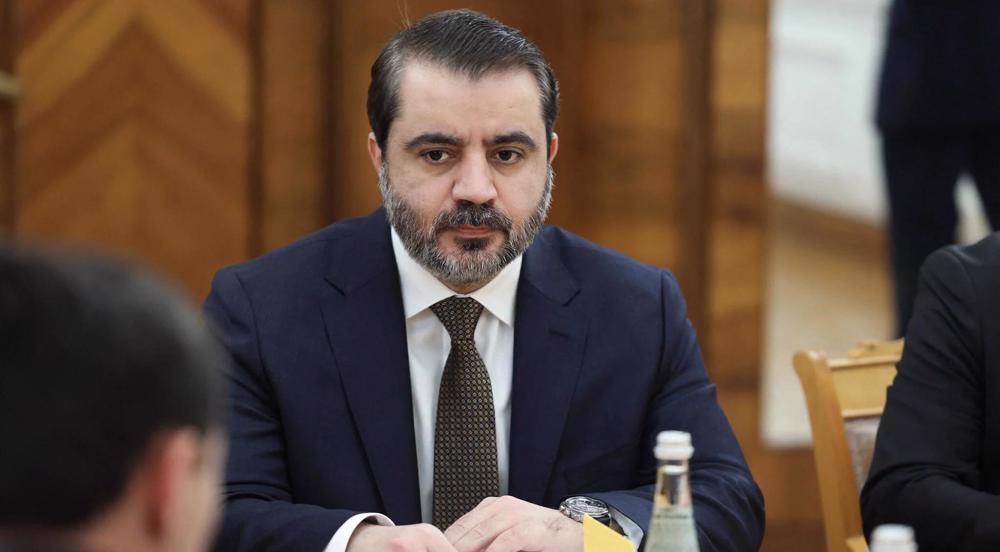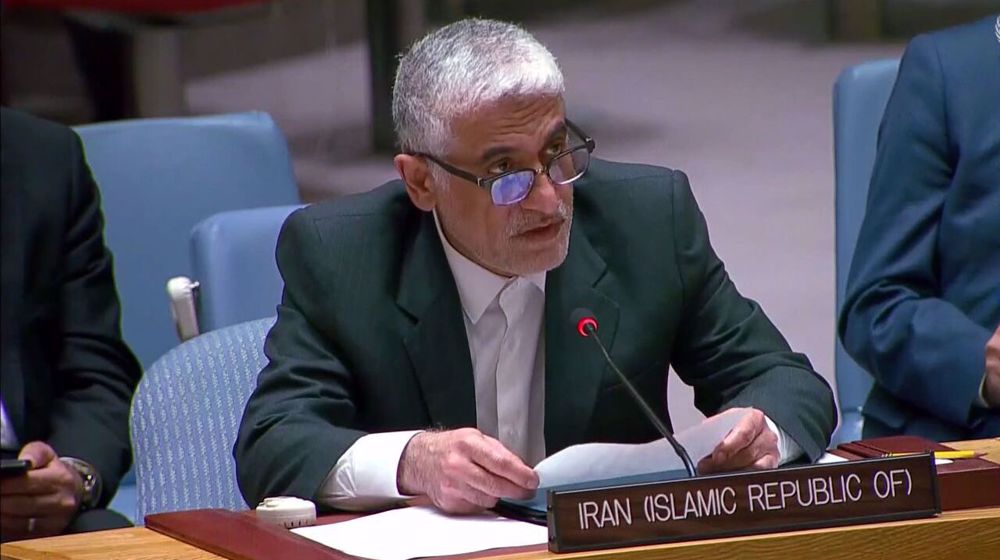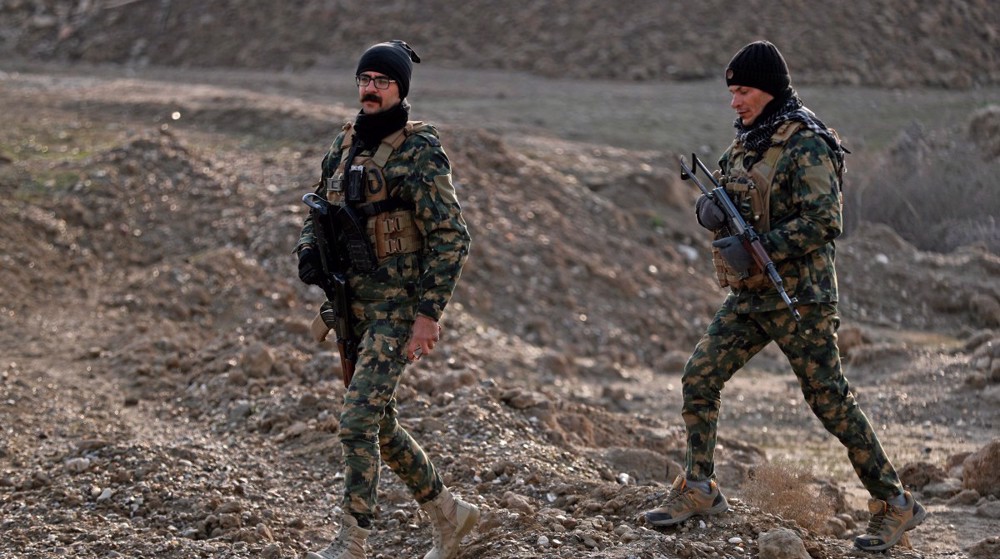No need for Syria’s federalization: Assad
Syrian President Bashar al-Assad has rejected certain efforts aimed at presenting a federal model for the future political system of the country, saying that Syria is too “small” for adopting such a model.
"From a sociological point of view, there must be components of society that may not be able to live with one another for there to be a federation," he told Russia’s RIA Novosti state news agency in an interview published on Wednesday, adding, “There is none of this in Syrian history.”
The federal political structure is an option favored by Syrian Kurds who have recently declared a federal region across several provinces under their control as they seek autonomy.

However, those involved in UN-brokered talks in Geneva aimed at ending the crisis in Syria, including Damascus and the UN's Syria envoy, have dismissed the declaration.
"The majority of Kurds want to live in a united Syria, within the framework of centralized power in political terms, and not in a federal structure," Assad said.
Assad urges inclusive unity government
Elsewhere in his comments, the Syrian leader stressed that both government and opposition should be included in a Syrian unity government, while rejecting the "transitional body with full executive powers" that the opposition pushes for in a move that entails Assad’s departure.
It would be "logical for there to be independent forces, opposition forces and forces loyal to the government represented there,” he said.
President Assad, meanwhile, stipulated that the meaning of the term "the political transition" is transition from one constitution to another, adding, "Thus, the transition period must be under the current constitution, and we will move on to the new constitution after the Syrian people vote for it.”
The UN-backed talks involving Damascus and the opposition came to a halt earlier in March over Assad's future. The opposition argues that he must step down before a transitional government is established.
"Neither the Syrian constitution, nor the constitution of any other country in the world includes anything that is called a transitional body of power. It's illogical and unconstitutional,” Assad said.
Responding to Assad’s remarks, George Sabra, a negotiator for the Saudi-backed High Negotiations Committee (HNC) at Geneva peace talks, repeated the demand for Assad’s ouster.

“The government, whether it's new or old, as long as it is in the presence of Bashar al-Assad, is not part of the political process," he said.
Call for reconstruction of Syria
The Syrian president also called on Russia, China and Iran to help Damascus rebuild the country which he said has suffered an economic loss of more than USD 200 billion (176 billion euros) during the past five years of conflict.

“Economic issues can be settled immediately, when the situation stabilizes in Syria, but rehabilitating the infrastructure will take a long time," Assad said.
He added that Damascus expects the process of rebuilding the country to be based on “three main countries that supported Syria during this crisis -- Russia, China and Iran.”
Syria has been gripped by foreign-backed militancy since March 2011.
In recent months, Syrian army, backed by the Russian air power, has been making major gains against Takfiri groups, recapturing several strategic areas from their grip, including the ancient city of Palmyra.
Journalist Tucker Carlson says he was detained in occupied territories after interview with US amb.
VIDEO | Is there any hope for Russia-Germany relations?
VIDEO | Israeli land grab policies
Nuclear chief: Israeli infiltration, sabotage drove Iran towards nuclear self-sufficiency
IRGC intel. chief: Enemies devised 7-stage plot for recent riots
Israeli minister calls to 'encourage' Palestinian exodus
VIDEO | Press TV's news headlines
VIDEO | Near breakdown: Generators in Gaza’s main hospitals














 This makes it easy to access the Press TV website
This makes it easy to access the Press TV website